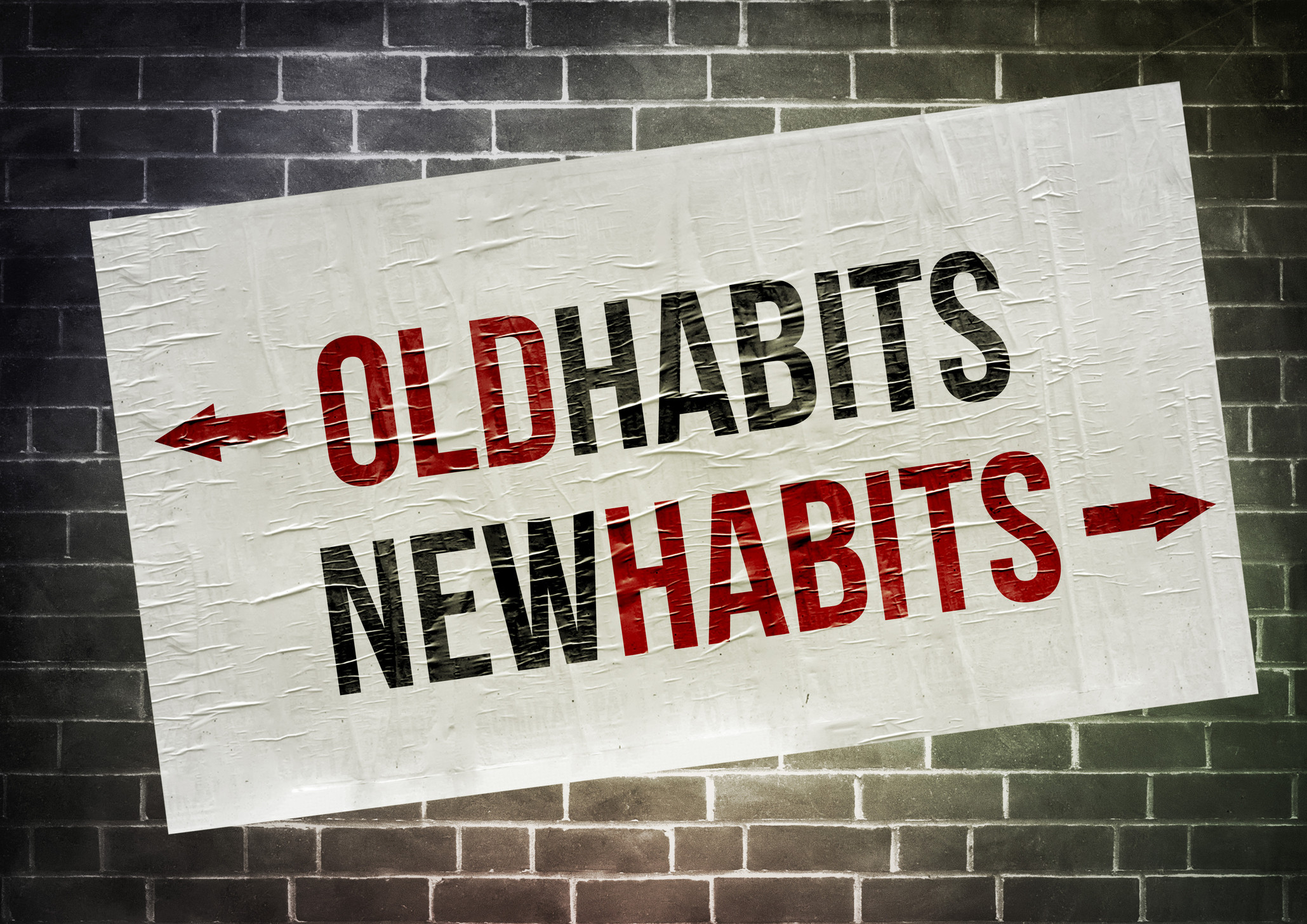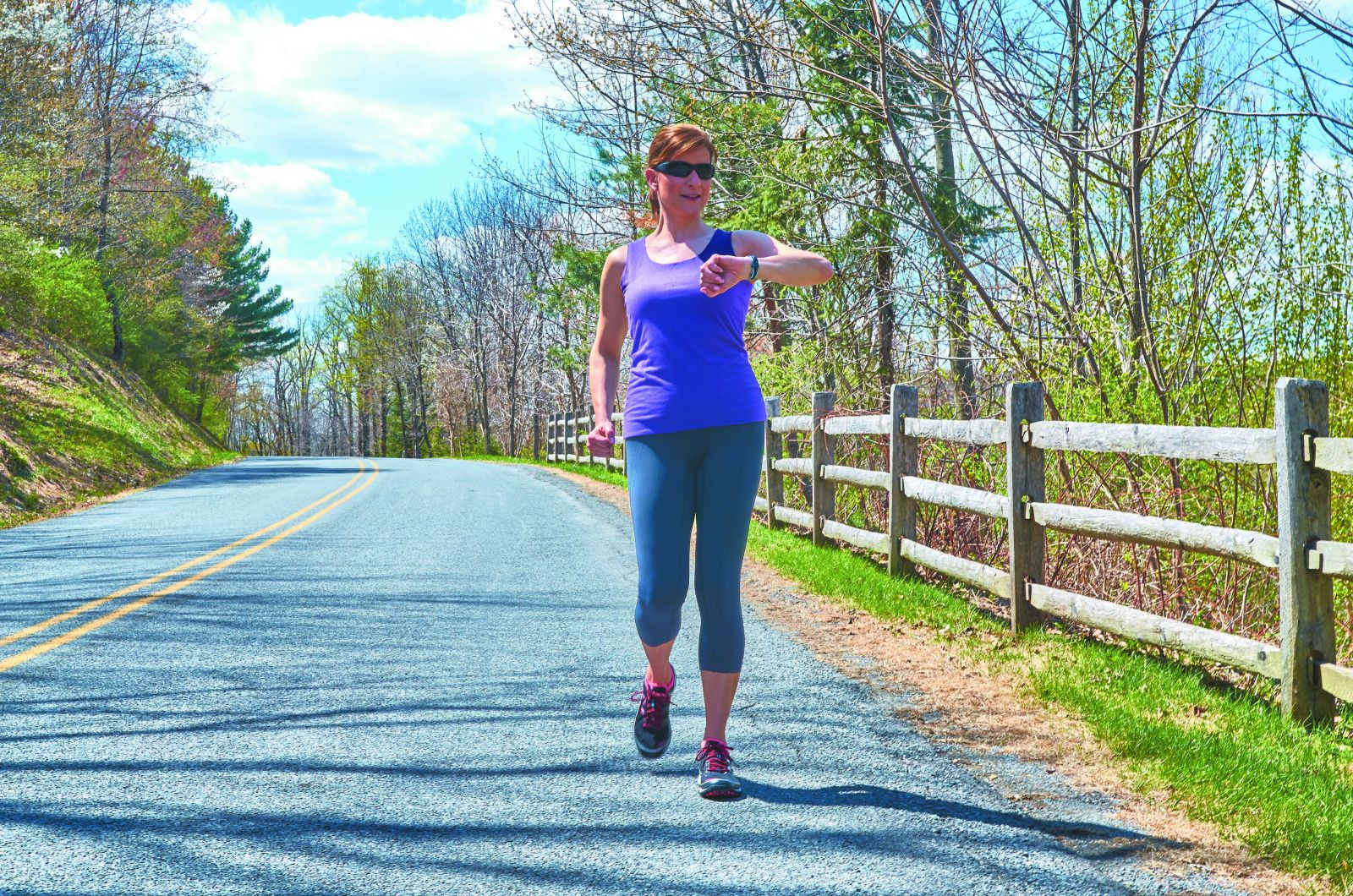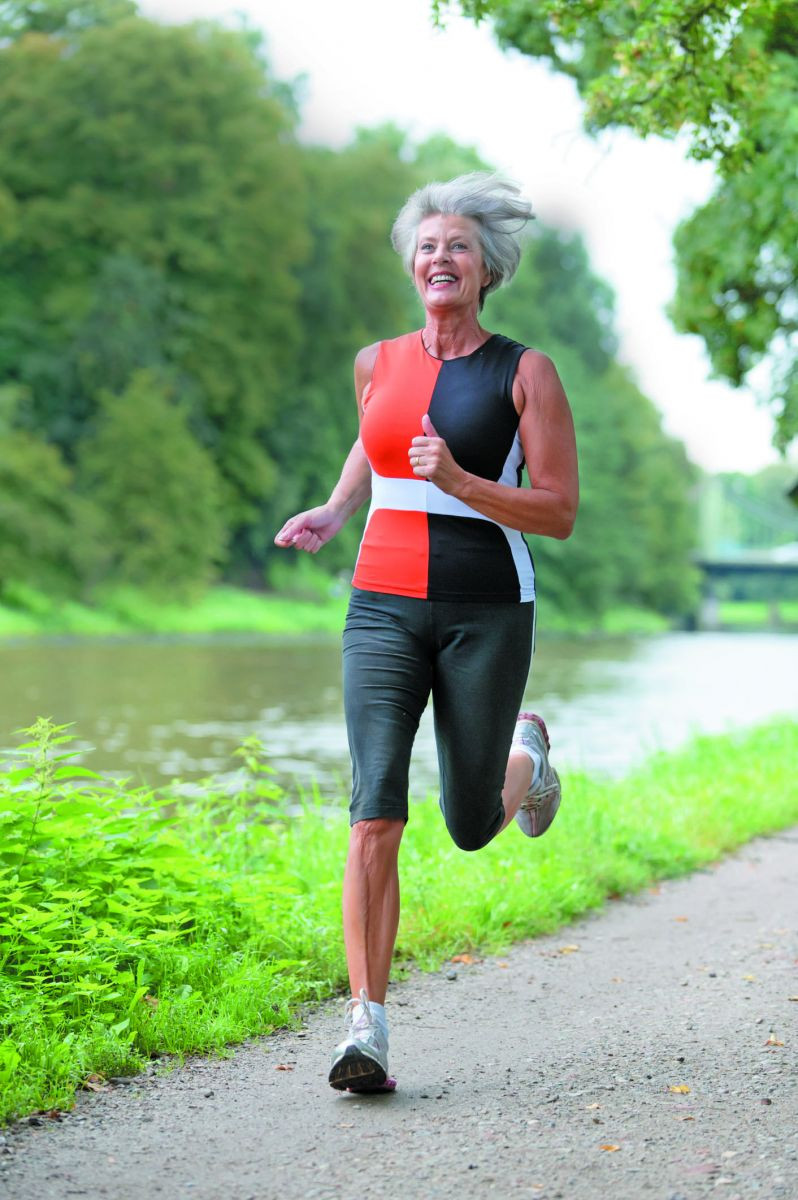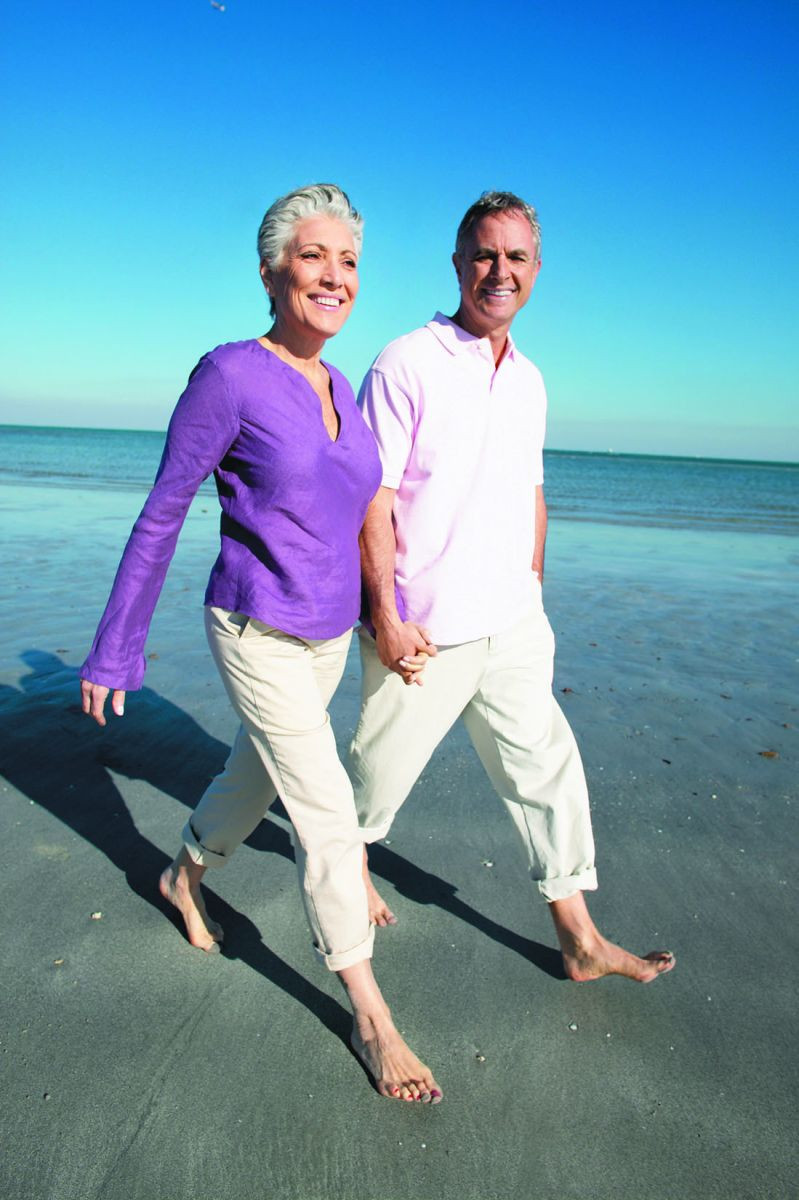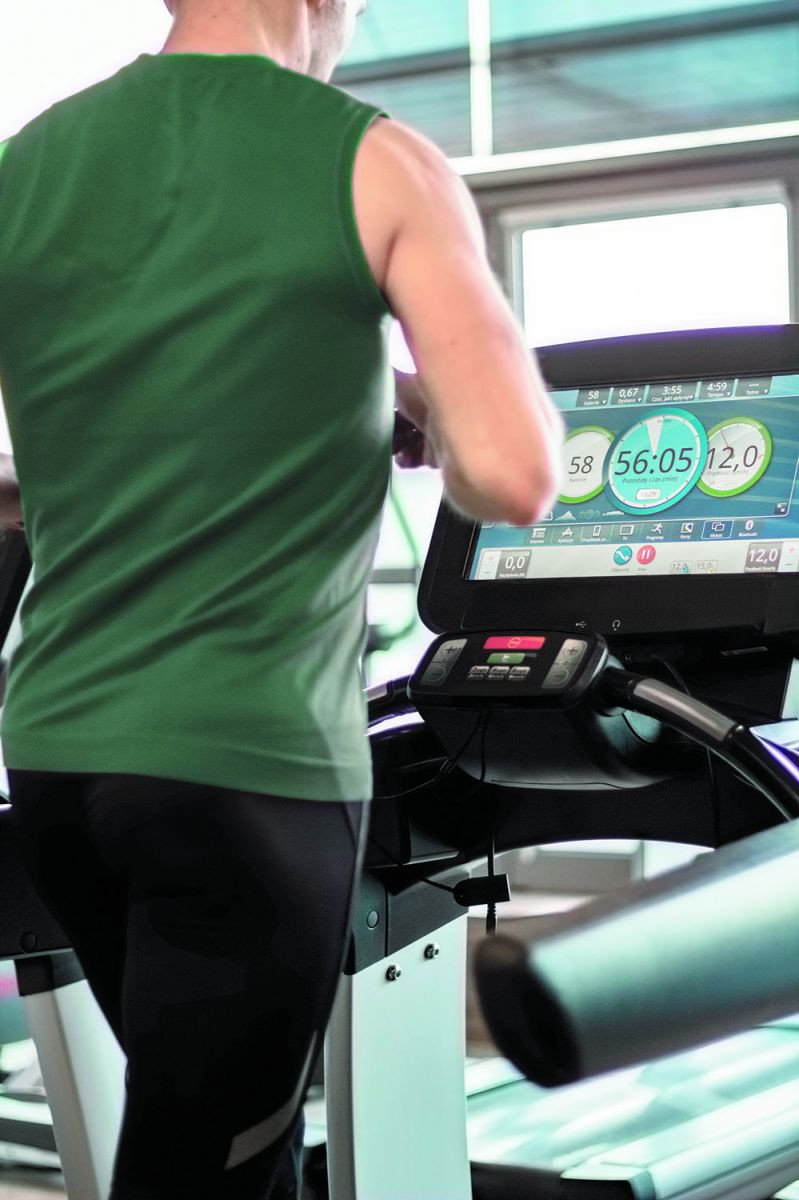
How does prostate cancer treatment affect mental health?

5 timeless habits for better health

What are the symptoms of prostate cancer?

Is your breakfast cereal healthy?

When pain signals an emergency: Symptoms you should never ignore

Does exercise give you energy?

Acupuncture for pain relief: How it works and what to expect

How to avoid jet lag: Tips for staying alert when you travel

Biofeedback therapy: How it works and how it can help relieve pain

Best vitamins and minerals for energy
Exercise & Fitness Archive
Articles
Lifestyle change: “I know what to do, I just need to do it…but how?”
Despite willpower, many people find that making significant lifestyle changes is very difficult. Factors both internal and external influence our ability to make changes, but being aware of them is the first step to overcoming them.
Put some pep in your step!
Interval walking may improve endurance and help you get fit faster.
Image: © Thomas MacDonald
Warm weather is here, and you may be walking more to take advantage of being outside. Why not ramp up your routine with bursts of fast-paced walking? The technique, known as interval walking, "is a great way to get the most exercise bang for your buck," says Dr. Aaron Baggish, associate director of the Cardiovascular Performance Program at Harvard-affiliated Massachusetts General Hospital.
About interval training
Interval walking is a form of interval training, which describes any form of exercise in which you purposely speed up or slow down at regular intervals throughout the session. The benefits of interval training in athletes and people in cardiac rehabilitation are well studied. Dr. Baggish says interval walking hasn't been examined as much, but he believes the same benefits apply. "Something about strenuous exercise is good for the body. It improves endurance, reduces blood pressure, and helps with weight loss," he explains.
As physical activity level rises, blood pressure may drop
Research we're watching
The more physically active you are, the lower your risk of high blood pressure, a study in the April 2017 issue of Hypertension suggests.
Researchers pooled data from 29 studies involving a total of more than 330,000 people, about 20% of whom had high blood pressure. They examined the association between high blood pressure and leisure-time physical activity (walking, dancing, or gardening, for example) as measured by metabolic equivalents (METs).
Take a swing at racket sports
Research suggests they may serve up great health benefits.
Image: © Mike Watson Images/Thinkstock
Want to live longer? Then pick up a racket. In a study published online Nov. 28, 2016, by the British Journal of Sports Medicine, researchers examined the link between certain sports and longevity and found that racquet sports came out on top.
"In many ways, racket sports like tennis, squash, badminton, racquetball, Ping-Pong, and other variations are the ideal exercise for many older men," says Vijay A. Daryanani, a physical therapist and personal trainer with Harvard-affiliated Spaulding Outpatient Center. "Besides offering a good cardiovascular workout, they can help with both upper- and lower-body strength at one time. They can be played at any age, can be modified to fit most fitness levels, and do not involve a lot of equipment."
What does it take to be a super-ager?
Research suggests that moving out of your comfort zone is the key to staying mentally and physically young.
Finding role models who are older than we are gets more difficult as we age. But in the last few years, medical science has identified a new group we can aspire to join — the super-agers. The term refers to people in their 70s and 80s who have the mental or physical capability of their decades-younger counterparts.
What makes a cognitive super-ager?
Dr. Bradford Dickerson, a neurologist at Harvard-affiliated Massachusetts General Hospital and his colleagues have been studying super-agers for several years. Their results suggest that embracing new mental challenges may be the key to preserving both brain tissue and brain function.
Should I drop calories or boost exercise?
Ask the doctor
Image: © udra/Thinkstock
Q. To lose weight, should I focus more on my calorie count or the amount of time I spend exercising?
A. It is very, very hard to lose weight without both watching your calories and regularly exercising. But it's not that simple. For years, doctors (including me) told patients: "You've got to burn off more calories through exercise than the calories that you eat. If you do that, you'll maintain a healthy weight." We even implied that not being able to maintain a healthy weight, since it was so simple, reflected a weakness of character.
The value of prevention
Treating heart disease is expensive. Adopting heart-healthy habits can save money as well as lives.
If you exercise, eat right, and follow other heart-friendly habits, you're probably less likely to end up in the hospital with a heart problem. And — no surprise here — that translates to far lower health care costs. The average hospital charge for a heart operation or related procedure is about $85,000 (see "The price of treating heart disease").
A recent report shed light on the magnitude of the savings realized from heart disease prevention strategies. The study, published in the Feb. 1, 2017, Journal of the American Heart Association, focused on Medicare claims for more than 6,200 people over age 65. Health care costs were about $5,000 less per year in people with the most heart-healthy factors compared with those with the least number of factors. If all Medicare beneficiaries followed five of seven key heart-healthy habits (see "Life's Simple 7") to reduce cardiovascular disease, it would save more than $41 billion a year in Medicare costs, the study authors estimated.
Is it possible for weekend warriors to get enough exercise?
On call
Image: © Nastco/Thinkstock
Q. I am an active person, but I exercise only on the weekends. Should I be concerned that all my exercise is concentrated over just two days ?
A. Regular exercise at any time is beneficial to your health. The rewards are related more to the amount of weekly exercise, and less to the type of workout or frequency. In fact, a recent study, which recorded self-reported exercise habits in more than 60,000 adults, found that weekend-only exercise had similar gains to regular daily exercise.
Get smart about treadmills
Treadmills are among the most effective types of exercise equipment — if you know how to use them.
Cardio exercise is essential for all-around health, but many older men have trouble hitting the recommended 150 minutes of moderate-intensity exercise per week. And some people may have limitations that prevent them from doing traditional cardio workouts like walking, running, or swimming.
But there may be another option: the standard gym treadmill.
Just 45 minutes of weekly activity may help with arthritis
In the journals
Studies have shown that regular activity can help older adults with arthritis stay independent. How much is enough? Research published online Dec. 28, 2016, by Arthritis Care & Research suggests you may need as little as 45 minutes per week.
Federal guidelines recommend 150 minutes of moderate activity per week to prevent premature death and serious illness. However, reaching that number is tough to reach for people with arthritis; in fact, only one in eight men with knee arthritis meet this standard. In this study, researchers tracked several years of fitness activity for 1,629 adults (44% of whom were men), ages 49 to 83, with osteoarthritis in the hip, knee, foot, or some combination. Specific exercises or activities were not recorded, only the time invested per week.

How does prostate cancer treatment affect mental health?

5 timeless habits for better health

What are the symptoms of prostate cancer?

Is your breakfast cereal healthy?

When pain signals an emergency: Symptoms you should never ignore

Does exercise give you energy?

Acupuncture for pain relief: How it works and what to expect

How to avoid jet lag: Tips for staying alert when you travel

Biofeedback therapy: How it works and how it can help relieve pain

Best vitamins and minerals for energy
Free Healthbeat Signup
Get the latest in health news delivered to your inbox!
Sign Up
